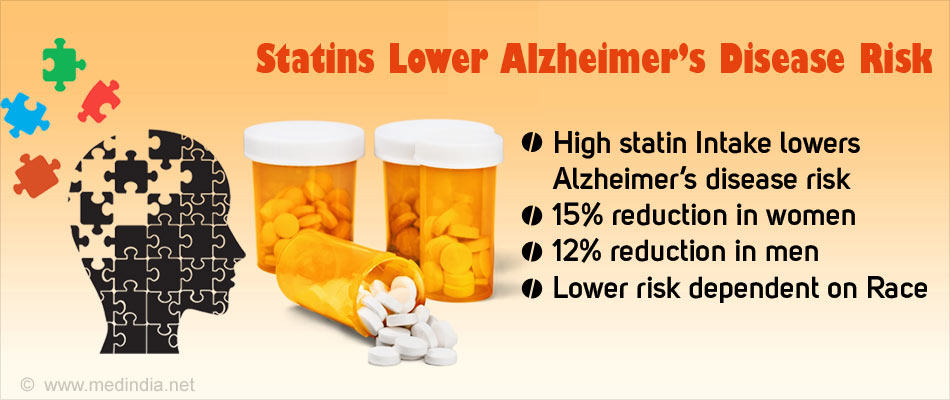
- Alzheimer’s disease affects millions of people in their mid-60s
- Healthy diet and regular physical activity can reduce the odds of developing Alzheimer’s disease
- Plaques and tau proteins in the brain indicate the onset of Alzheimer’s
- Lifestyle factors play a key role in lowering the formation of toxic protein in the brain
Can a Healthy Lifestyle Reduce Protein Build-Up in the Brain?
Researchers at UCLA's Semel Institute for Neuroscience and Human Behavior conducted a study that included 44 adults between the ages of 40 to 85 with mild memory changes but without dementia. The participants underwent an experimental type of PET scan to measure the level of plaque and tangles in the brain. The participant's information on body mass index (BMI), levels of physical activity, diet and other lifestyle factors were also collected for the study.
The results of the study showed that lifestyle factors such as normal BMI, physical activity, and a Mediterranean diet reduced the levels of plaques and tangles on the brain scans. Mediterranean diet consists of fruits, vegetables, whole grains, legume, nuts, and moderate consumption of fish, lean meat, dairy products and replacing saturated fats with olive oil and canola oil.
Dr. David Merrill, the lead author of the study, said, "The fact that we could detect this influence of lifestyle at a molecular level before the beginning of serious memory problems surprised us."
"The study reinforces the importance of living a healthy life to prevent Alzheimer's, even before the development of clinically significant dementia. This work lends key insight not only into the ability of patients to prevent Alzheimer's disease, but also physicians' ability to detect and image these changes,” said Merrill.
Healthy Lifestyle Tips to Reduce Risk of Alzheimer’s
- Ensure you get a minimum of seven of eight hours of sleep daily.
- Engage in regular physical activities such as walking, jogging, and aerobic exercises.
- Include antioxidant-rich foods in the diet such as fruits, green leafy vegetables.
- Include omega-3 rich foods such as salmon, mackerel, nuts and seeds, to prevent cell damage.
- Manage stress levels with meditation and yoga.
- Practice brain challenging activities such as puzzles, scrabble or sudoku
- What Is Alzheimer's? - (http://www.alz.org/alzheimers_disease_what_is_alzheimers.asp)
- Alzheimer's Disease Fact Sheet - (https://www.nia.nih.gov/alzheimers/publication/alzheimers-disease-fact-sheet)
- Alzheimer's and Dementia Prevention - (http://www.helpguide.org/articles/alzheimers-dementia/alzheimers-and-dementia-prevention.htm)














